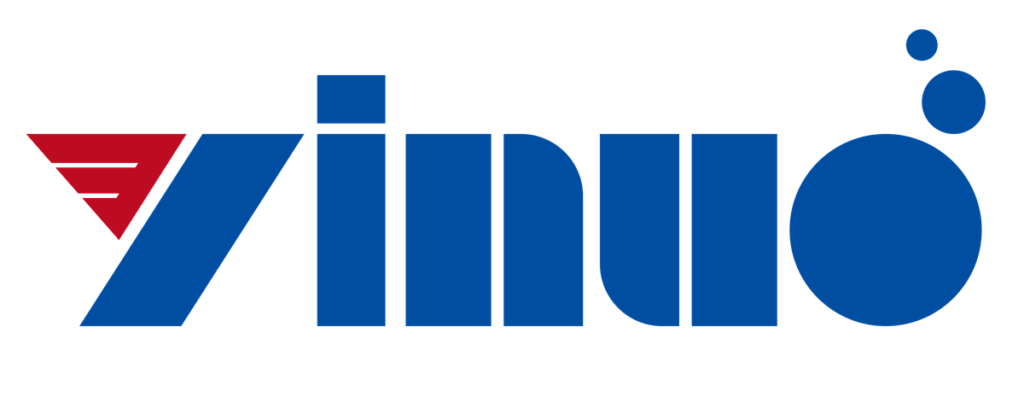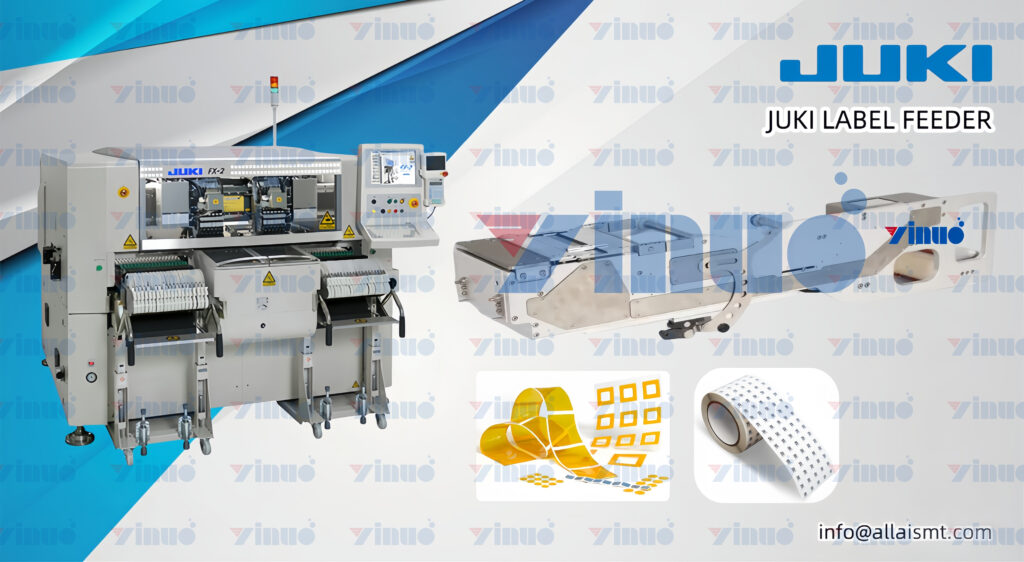How Label Feeders Help in Meeting Industry Standards
In the highly regulated world of manufacturing and packaging, meeting industry standards is essential for ensuring product quality, safety, and compliance. Labeling is a critical component of this process, as labels provide consumers and regulators with vital information about a product. Automated label feeders play a pivotal role in helping manufacturers meet these stringent industry standards. By improving accuracy, consistency, and efficiency in the labeling process, label feeders ensure that products comply with regulatory requirements and industry best practices. This article explores how label feeders help manufacturers meet industry standards.
Enhancing Label Accuracy and Consistency
Accuracy and consistency in labeling are fundamental to meeting industry standards. Labels must be placed correctly and contain accurate information to comply with regulations. Manual labeling processes are prone to human error, resulting in misaligned, crooked, or incorrectly placed labels. Label feeders, however, automate the labeling process, ensuring that each label is applied uniformly and precisely. This automation minimizes errors and maintains the high level of consistency required by industry standards.
Compliance with Regulatory Requirements
Regulatory bodies mandate that product labels include specific information such as ingredients, usage instructions, warnings, and expiration dates. Ensuring that this information is correctly displayed is crucial for compliance. Label feeders help manufacturers meet these regulatory requirements by integrating with enterprise systems to pull accurate data directly from the source. This integration ensures that every label contains the correct information, reducing the risk of non-compliance and potential penalties.
Real-Time Monitoring and Quality Control
Modern label feeders are equipped with real-time monitoring and quality control capabilities. These systems continuously check for issues such as label jams, misprints, or missing labels. By detecting and addressing these issues immediately, label feeders help maintain the integrity of the labeling process. This real-time quality control is essential for meeting industry standards, as it ensures that only properly labeled products reach the market.
Traceability and Serialization
Traceability is a key requirement in many industries, particularly in pharmaceuticals, food and beverage, and electronics. Labels often include batch numbers, serial numbers, and other identifiers that enable traceability throughout the supply chain. Label feeders ensure that these identifiers are applied accurately and consistently, facilitating effective tracking and recall processes if necessary. Serialization, which involves assigning a unique identifier to each product unit, is another critical aspect of traceability. Label feeders can be integrated with serialization systems to apply these unique identifiers, ensuring compliance with industry standards and regulations.
Tamper-Evident Features
In industries where product integrity is paramount, tamper-evident labels are a crucial safety feature. These labels provide clear evidence if a product has been opened or tampered with, helping to protect consumers. Label feeders apply tamper-evident labels with precision, ensuring they function as intended. Automated application of these labels enhances their effectiveness and helps manufacturers meet safety standards required by regulators.
Efficiency and Cost-Effectiveness
While meeting industry standards is essential, manufacturers must also consider efficiency and cost-effectiveness. Label feeders increase production speed and reduce labor costs by automating the labeling process. This efficiency helps manufacturers meet high production demands while maintaining compliance with industry standards. Additionally, the reduction in labeling errors and waste contributes to overall cost savings, making label feeders a financially viable solution for maintaining compliance.
Adaptability to Changing Standards
Industry standards and regulations are continually evolving. Manufacturers must be able to adapt quickly to these changes to maintain compliance. Modern label feeders are highly adaptable, capable of handling various label sizes, shapes, and materials. This flexibility allows manufacturers to update their labeling processes easily in response to new standards or regulatory requirements. By ensuring that labeling systems can adapt to changing standards, label feeders help manufacturers stay compliant over the long term.
Conclusion
Label feeders play a crucial role in helping manufacturers meet industry standards. By ensuring accurate, consistent, and compliant labeling, these automated systems enhance product quality and safety. Their capabilities in real-time monitoring, traceability, and adaptability make them indispensable in modern manufacturing. As industry standards and regulations continue to evolve, the role of label feeders in maintaining compliance will only grow in importance. Investing in advanced label feeding technology is a strategic move for manufacturers aiming to meet and exceed industry standards, ensuring their products are safe, reliable, and trusted by consumers.


